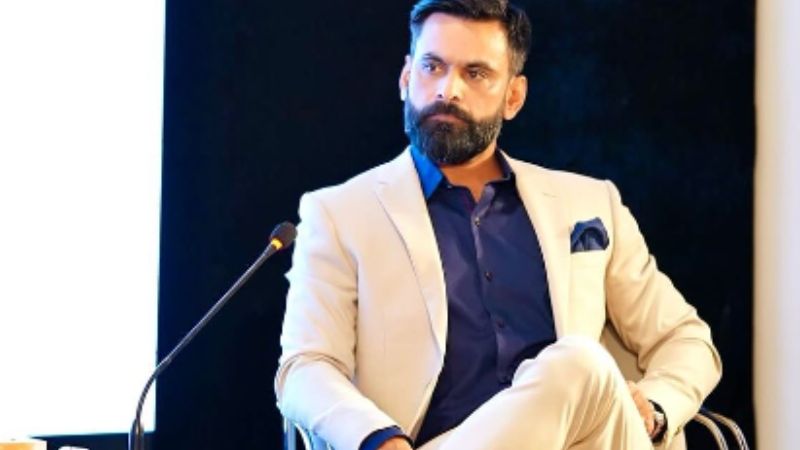Mohammad Hafeez, the recently ousted Pakistan team director, has ignited a fresh debate in the cricketing world by criticizing the concept of “workload management” used by bowlers. During his short tenure, Hafeez reportedly clashed with players seeking rest, leading to his contract termination. His strong opinions challenge the widely accepted practice, raising questions about player mentality and responsibility.
“Workload Management” Under Fire:
“I played 18 years,” Hafeez stated, “but never heard of workload management in our days. It’s about the player’s will. If he wants to play, he will; if not, he’ll talk about workload.” He believes bowlers shouldn’t shy away from playing due to fatigue, emphasizing the importance of managing workloads through rigorous training and dedication.
Hafeez uses the recent heroics of West Indies pacer Shamar Joseph as a counterpoint. Despite a toe injury, Joseph bowled 12 consecutive overs in the second Test against Australia, claiming a match-winning 7 for 68. “He didn’t have ‘workload management’ in mind,” Hafeez applauds, suggesting Joseph’s commitment trumped concerns about fatigue.
Pakistan’s Recent Struggles:
Hafeez’s comments come amidst Pakistan’s disappointing 0-3 Test series loss to Australia. Some fans and experts believe prioritizing rest over performance contributed to the defeat. While workload management is crucial for player longevity, the question arises: where does one draw the line?
Hafeez’s stance, while controversial, sparks a discussion on player attitude. Should bowlers be more willing to push themselves, especially in crucial matches? Or does excessive workload risk injuries and burnout? Perhaps the answer lies in striking a balance between smart training, individual fitness, and a strong will to win.
Hafeez’s fiery statements have certainly stirred the pot. Whether his views gain traction or spark a backlash, the conversation about workload management, player responsibility, and ultimately, winning cricket matches, is sure to continue. Fans, experts, and players alike will be watching closely to see how this debate unfolds and shapes the future of the sport.
Stay updated with all the cricketing action, follow Cricadium on WhatsApp, Facebook, Twitter, and Instagram















